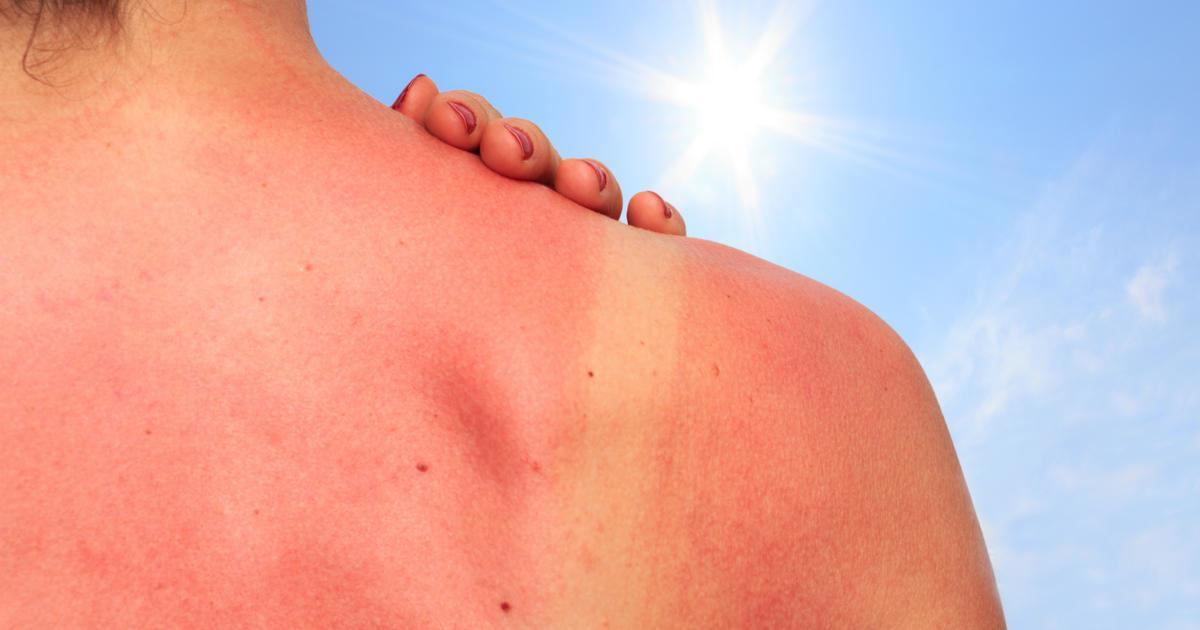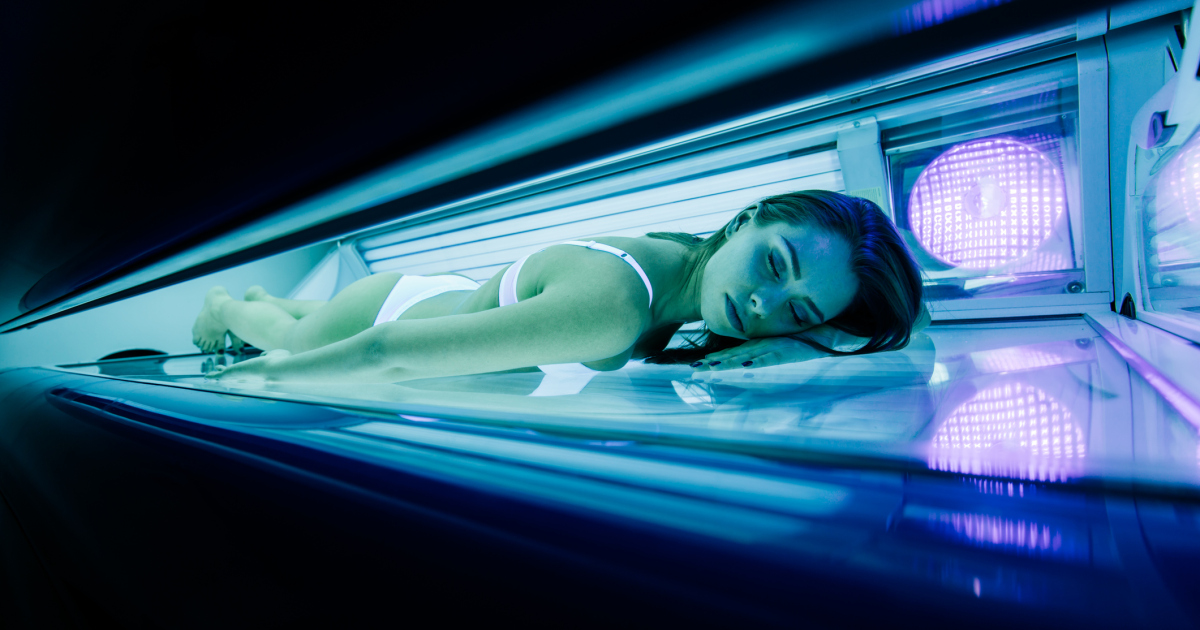Top Reasons Why Sun Exposure Can Give You Skin Cancer
Overexposure to the sun does more than make you age faster; it also increases the risk of skin cancer. Although a healthy glow is considered an attractive feature, sun exposure damages the fiber in the skin's elastin, which causes the skin to sag, stretch, and lose its ability to bounce back after being stretched. Skin cancer is the most common form of cancer in the United States and the numbers keep rising. Here are the top reasons why you need to protect yourself in the sun.
The Sun Decreases Immune Function

Too much exposure to the sun may weaken the immune system in your skin. According to Kim Kripe, chairman at the M.D. Anderson Cancer Center at the University of Texas in Houston of the immunology department, "We do know that ultraviolet light does cause immunological changes in humans. That's clear. It's a fairly subtle effect. It's not total immune suppression like the AIDS virus." Research shows that skin cancer due to immune system suppression seems to affect light skinned and dark skinned people alike.
Sunburns Cause Underlying Skin Damage

Sunburns can cause damage to the genetic material in the skin's cells. If sunburn happens frequently enough, it can cause cells to start growing out of control, which may develop into cancer. Peeling after a sunburn is the body's way of getting rid of damaged skin cells that could possibly lead to cancer. But sometimes even though the skin peels away and forms new layers, underlying damage can remain. Therefore, it is important to avoid burning in the first place.
Tanning Beds Increase Cancer Risk

According to the American Cancer Society, individuals who use tanning beds are more at risk of developing skin cancer than those who do not. Individuals who started indoor tanning before the age of thirty to thirty-five are most at risk of developing melanoma, which is considered to be one of the most dangerous forms of skin cancer. People who started using indoor tanning beds before the age of twenty-five have a greater risk of developing basal and squamous cell skin cancer as well.
Sun Exposure Induces Genetic Mutations In The Skin

Research indicates that sun exposure causes a type of mutation known as p53 in skin cancers at a higher frequency compared to other types of cancer. The p53 genetic mutation has been shown to arise in lab studies as early as one week within chronic sun exposure and reaches its maximum at four to eight weeks of exposure. Another genetic mutation known as patched (PTC) has been found on the skin of sun-exposed areas of the skin as well.
Sun Damages Elastin

Sun exposure causes damage to the fibers in skin's elastin, which is part of the skin's connective tissue. Elastin is what helps your skin return to normal after it has been poked or pinched. These fibers begin to break down when they are overexposed to the sun and may cause sagging and stretching of the skin. When skin becomes so exposed to the sun that its elastin starts to break down, it may cause cellular damage to healthy skin cells that eventually lead to skin cancer.
